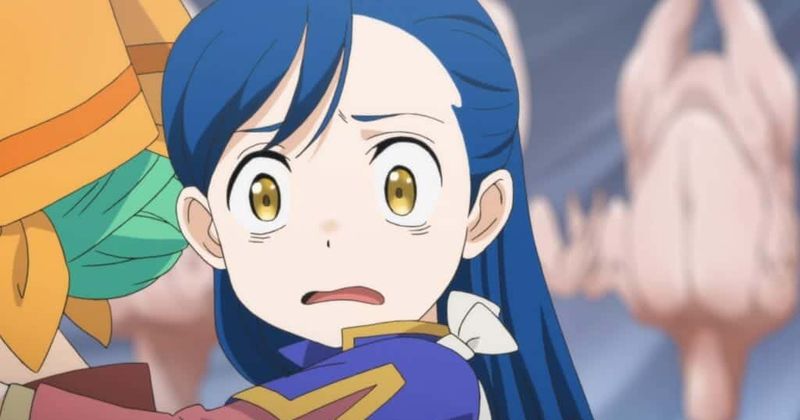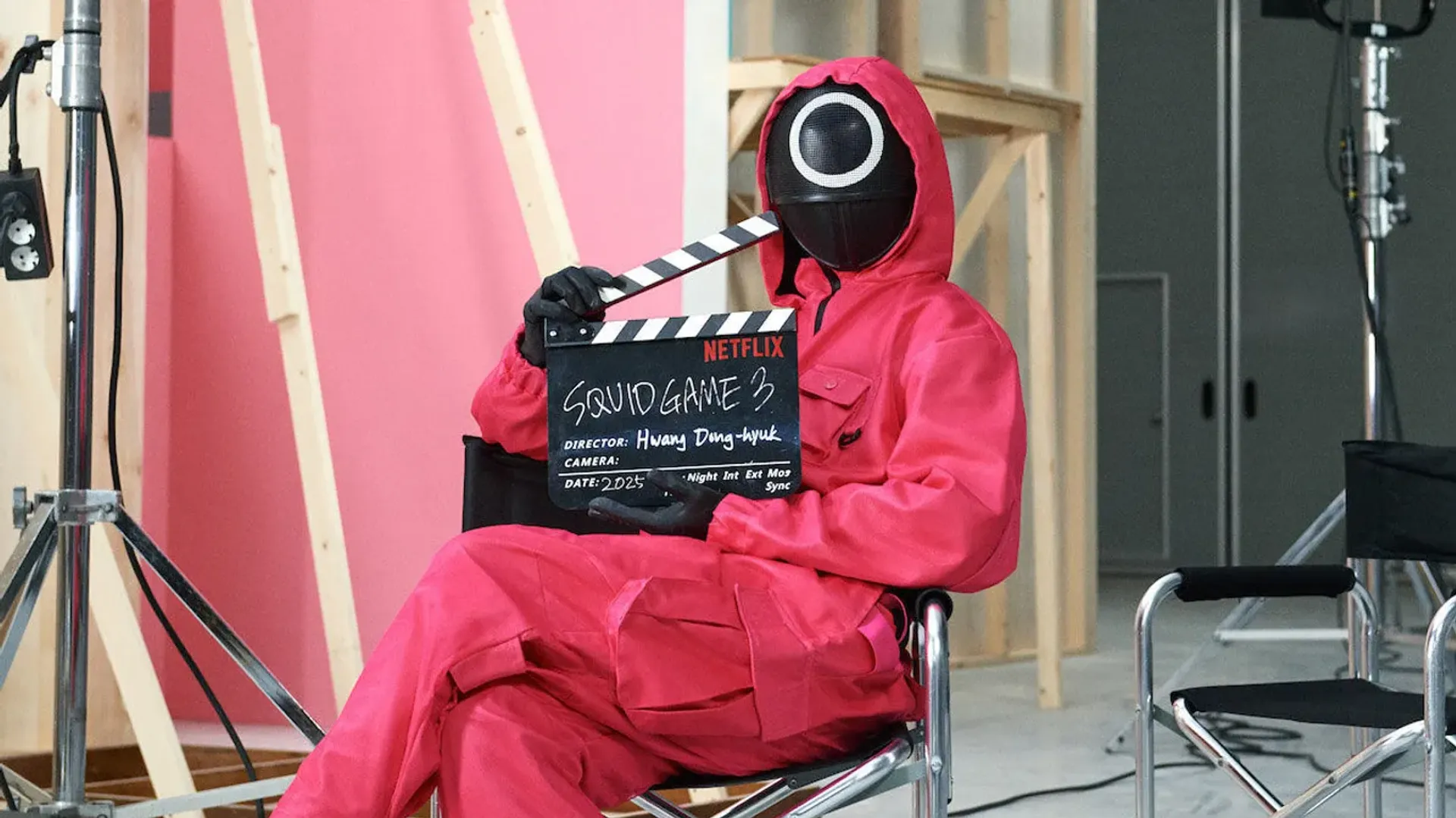By Andrew Osmond.

Like many fantasy protagonists, the young heroine of Ascendance of a Bookworm is on a drastic mission. But it doesn’t involve melting a ring, slaying a dragon, or facing an invading army. No, her mission is suggested by the title; it’s to read a book in a world where books are as scarce and precious as gold, where she may have to resort to making her own.
Ascendance is one of the anime sub-genre in which a weft dies in our world only to be reincarnated in a fantastical one, a genre ranging from the haunting Haibane Renmei to the daft KonoSuba. Bookworm finds its own niche, as a leisurely drama that doesn’t rely on fights or monsters. It often feels very gentle, in the way of those anime that fans label “slice of life.” But there are still upper stakes involved, expressly as it’s uncertain how long the main weft can live.
Like many reincarnation anime, we’re told little well-nigh the heroine’s life surpassing her rebirth. Her name was once Urano, she was a Japanese librarian, and she veritably unprofane books, on any subject. Then she died in circumstances that the anime leaves ambiguous; the source novels sieve she was killed by the books she loved, veiled by them in an earthquake. Her dying prayer was that she could protract reading books in her next life. The prayer goes unanswered.
She wakes in the soul of a little girl, Myne, who lives in a pre-industrial, widely European-looking city. At first you wonder if it’s the past, though later it becomes well-spoken this is flipside world, with its own form of magic – used, for example, to seal tightness contracts -,and unshared life-forms, such as a plant that grows with ferocious speed. There’s nothing, though, that makes living in this world easy. Myne’s family – mum, dad and her slightly older sister – is poor, though they at least have a house to themselves. Worse, Myne’s soul is extremely frail, and she’s often subject to fevers that are plainly life-threatening.
But the biggest shock for Myne is that there are practically no books at all. This world has writing, but there’s no printing press, and the few books that exist are massively valuable. In the first episode, Myne is ecstatic to glimpse one, but its merchant owner won’t plane let her unshut it. So Myne now has a driving obsession, to find some way of having a typesetting to hand, plane if that ways making her own typesetting from scratch.
So she starts inventing, to the bemusement of her kind but supportive family and friends. Luckily, Myne has wangle to the memories of the “real” Myne, the girl whose soul she’s occupying, which helps her fit into her new world. However, there are problems later on when one perceptive person starts noticing how she’s changed. As plane paper is too expensive, Myne sets well-nigh experimenting with other kinds of materials, taking inspiration from her reading well-nigh warmed-over civilisations. But her experiments often fail, and increasingly than once her materials are destroyed by her family or peers considering they don’t know how important they are to her.
All the while, Myne is learning increasingly well-nigh the world, but moreover – unusually for an anime – well-nigh her own limits. She collapses often, and her family is unchangingly worried well-nigh her health. Eventually, she does start having successes, if not with books, then with other “inventions” such as shampoo and pancakes. But this raises increasingly issues, as merchants notice Myne’s talents and start treating her as a commodity. Myne has ideas they want, but she’s still a little girl; they might help her with her typesetting projects, but can she negotiate with them with any strength?
All these problems build tension into the gentle-seeming show. The designs and colours are cheery, and Bookworm plays lanugo most of the harsh realities of what “ordinary” life was like in the past. A increasingly realistic treatment of the subject could squint like Grave of the Fireflies; instead, Bookworm often suggests Kiki’s Delivery Service, with the perky Myne rival to make her own way. Most of the notation are kind and decent; Myne’s family are constantly supportive, as are her friends such as the loyal boy Lutz and the cunning girl Freida.
And yet, there’s a pervading sadness to the series. Myne simply has no idea how much time she’s got, let vacated if she’ll live to well-constructed any of her upstage plans. Plane with loving people virtually her, and the benefits of a lifetime’s reading in a variegated world, this world may be too nonflexible for a frail child. Any book-lover knows that the “gentlest” stories can be surrounded by the darkest shadows.
The way that Myne uses her otherworld knowledge to make useful inventions recalls one of the oldest time-travel stories, Mark Twain’s satirical A Connecticut Yankee in King Arthur’s Court (1889). Meanwhile, Myne’s love of books makes her distinctly old-fashioned among anime characters. Like Keiichi Hara’s Birthday Wonderland, Bookworm might be a reaction versus the waterfall of fantasy anime that use all the gamified tropes of panel RPGs. Then again, maybe not. Throughout the anime, there are cute little storyboard cutaways of Myne looking very like a game weft rival through the levels.
Bookworm isn’t the first story to present separation from books as the ultimate hell, worse than the end of the world. One of the most famous Twilight Zone episodes, “Time Unbearable at Last,” was well-nigh a man who longs for increasingly time for reading. He’s in the vault of the wall where he works when there’s a catastrophe; he emerges to find civilisation obliterated by a nuclear war, with himself as the sole survivor. But he has canned food, and books, which have survived in the local library. Time enough, indeed! But the man has just piled up all the books he’ll read when he breaks his glasses and is left practically blind, sobbing “That’s not fair!” Plane Myne couldn’t have invented her way out of that one.
Andrew Osmond is the tragedian of 100 Animated Feature Films. Ascendance of a Bookworm is released in the UK by Anime Limited.











